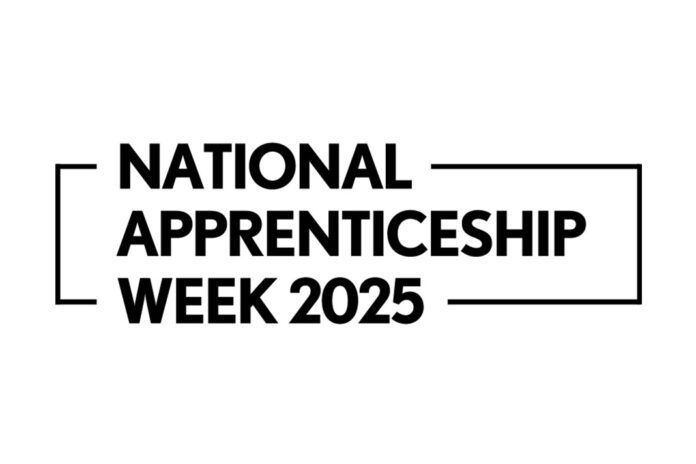
Mates In Mind has highlighted the importance of mental wellbeing in apprentices, ahead of National Apprenticeship Week, which is to take place from 10 to 16 February 2025.
The charity said “it has never been more important to address how best to support the mental wellbeing of apprentices and new entrants into an organisation”.
Mates In Mind stated that it is “imperative” that all young people are supported as they start their journey towards a career to learn how to identify the signs of stress, anxiety and depression not only in themselves, but also in other students and colleagues.
Apprentices face a huge professional learning curve whilst also experiencing changes in their personal lives, it added.
A survey by Mates in Mind of 550 apprentices found that 73% had felt stressed at least once in the previous week. A minority of 33% said their employer/colleague would notice signs of mental ill-health in others, the rest said “no” or “unsure”.
A total of 70% had never taken part in any mental health training and 91% said they thought training would help them to manage their own mental health. Just over half, 55%, revealed they would reach out to someone if they were experiencing stress, depression or anxiety.
Mates in Mind stated that it educates, trains and supports employers and their employees, including apprentices and new entrants, to ensure there is a “continuous and comprehensive solution” in place so that no-one reaches crisis point and managing mental health becomes everyone’s responsibility.
The charity conducted another survey of apprentices which captured where they were before Mates in Mind’s mental health awareness sessions and after.
It found that the number of respondents who were able to “explain what mental health is”, rose from 62% to 74%.
Those who could “spot the signs of someone who was struggling with a mental health issue”, rose from 36% to 83%.
Lastly, the figure of those who would “feel confident in approaching someone they felt was experiencing mental ill-health”, rose from 40% to 78%.
